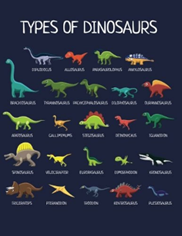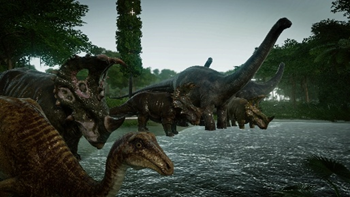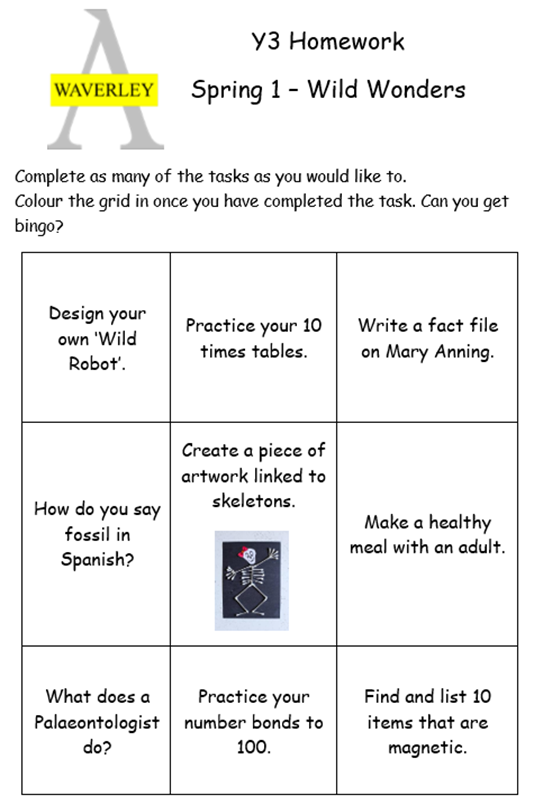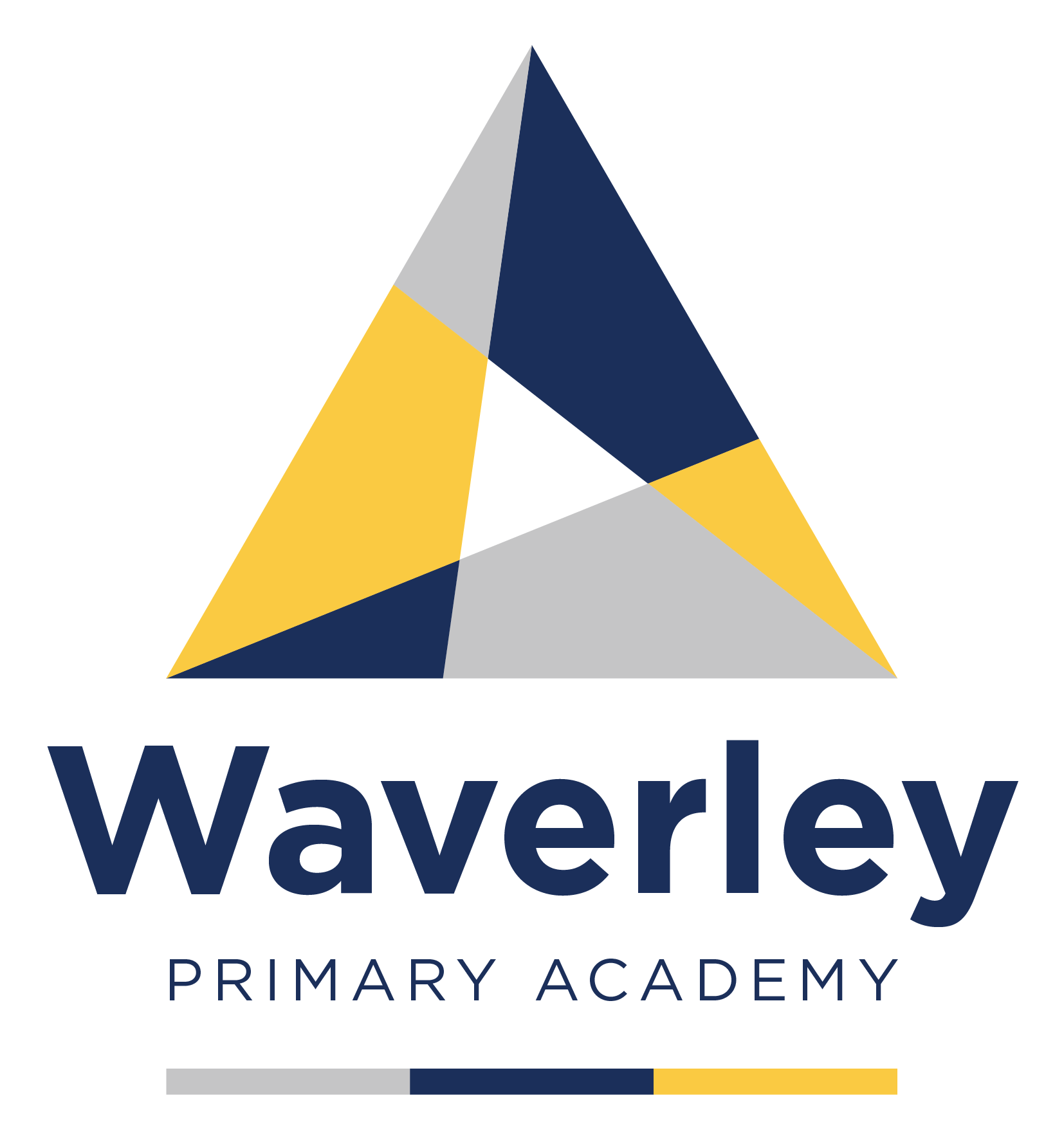Welcome to Year 3
Zebras - Miss Froggatt
Bears - Miss Hughes
Lemurs - Mrs Mack
Y3 Teaching Assistant - Mrs Broomhead
Year 3 is an exciting step into Key Stage 2, where children grow in confidence, independence and curiosity. We hope to encourage their creativity, critical thinking and a love of learning throughout the year. From new topics to amazing experiences, we’re looking forward to a fantastic year ahead!
Our Spring 1 topic will be Wild Wonders.



In English, we will be reading the book ‘The Wild Robot’. Children will write a setting description about the island Roz finds herself on using similes, conjunctions, sensory information, noun phrases and pronouns. Our second piece of writing will be a set of instructions of how to create a robot, where children will use imperative verbs, present perfect tense and headings and subheadings.
In Maths, we will focus on developing our knowledge of multiplication and division, using our knowledge of our times tables to answer questions and multiply and divide 2-digit numbers. We will also start out learning on measurement, focusing on length and perimeter to begin with.
In History, we will be learning about the Mesozoic Era and the significance of Mary Anning, focusing on the different periods within this time and the changes in dinosaurs between them.
Key vocabulary pupils will learn through this topic can be found in the table below,

Important Information
Zebras PE – Monday (pm) and Friday (am)
Bears PE - Monday (pm) and Friday (am)
Lemurs PE – Monday (pm) and Thursday (am)
Please make sure your child’s P.E kit is in school on these days and labelled with their name and class.
Spellings will be tested on a Friday and new spellings sent home the same day.
Timestable tests will be on a Monday.
Dates for your diary
Autumn 1 - Craft Afternoon - Wednesday 22nd October 1:30pm
Autumn 2 - Christmas Concert - Thursday 11th December 2:00pm
Spring 1 - Parent Workshop - Wednesday 14th January 9:00am
Spring 2 - Craft Afternoon - Friday 27th March 1:30pm
Summer 1 - Parent Workshop - Thursday 7th May 9:00am
Summer 2 - Showcase - Thursday 2nd July 2:15pm
Home Learning
Each half term we will send out a home learning bingo grid with tasks for you to complete at home. Here are this half term’s challenges for you to try.

Other home learning activities for Autumn 1 are
-
Practise your timestables on TT Rockstars
-
Practise your spellings on Spelling Shed
-
Read to an adult at home at least 4 times each week
-
Practise addition and subtraction using the column method
-
Count in 50s and 100s.




